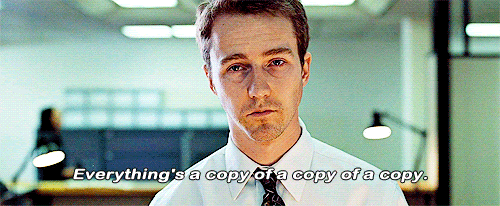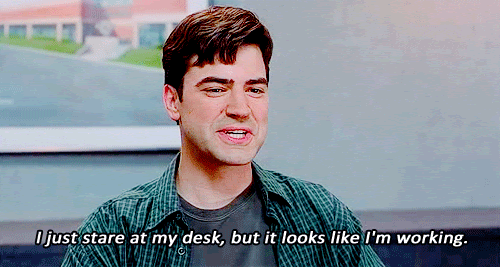Mistakes at work can affect a person emotionally. However, this is natural for humans and happens for different reasons. The corporate world is very demanding, and daily, professionals compete for space, positions and recognition, and need to prove that they are good in their areas. So much competitiveness can trigger some problems and lead them to make some mistakes.
But that’s not all. Personal relationships can also affect professionals and take the focus off the good performance of their duties, causing them to adopt behaviors that do not match the environment in which they are. What should be kept in mind is that you cannot repeat wrong actions or decisions – the way is to learn from failures and come out stronger from the experience.
Whether due to career pressure or complications in personal life, it is necessary to avoid jeopardizing the professional journey. In the event of a failure in any respect, it is necessary to know how to resolve it. Here’s what can’t happen, but if it does, it should be corrected.
Lying about skills

One of the worst mistakes that a professional can make is lying about his qualification and how he can collaborate with the company. Often, in order to get a placement, the person “decorates” the curriculum a little or increases the information about their skills. This can harm not only the professional but also the entire team. Imagine a project delayed by the employee’s lack of experience or knowledge; this harms you and the rest of the flow, causing a snowball effect.
Another situation is to copy reports or other documents for not mastering the art to create them. Always commit to what you can do and deliver. If you want to perform more complex functions and reach another level in your career, study, train and have clear goals. Don’t rush or take shortcuts to get there first.
Take personal problems to work

Labor relations are no longer as stiff as in the old days. Today, people management works on the well-being and quality of life of employees and provides that there is no separation between personal and professional life. But, of course, there are certain limits. It is not because the company understands that people are not machines and daily deal with the most diverse types of problems, that employees can transform their space into a place of regrets. This damages his image hinders colleagues and decreases productivity.
First tip: never let that happen. If one day, a very frank conversation with the manager, the acknowledgment that he was wrong and an apology are a good start. The next steps are to focus on work and perform tasks efficiently.
Lose control with co-workers

As much as many see the corporate environment as a ring, you cannot be aggressive and use violence with co-workers. And we don’t even talk about “slapping”. Often a curse, a rude response or any type of verbal aggression does terrible damage to both the aggressor and the aggressor.
Apologizing, in these cases, is the minimum to be done. Avoiding any type of violence in the workplace is essential for any professional. If you feel irritated and want to curse or offend someone, get up, take a walk, breathe fresh air, calm down and come back.
Knowing how to control yourself is a highly esteemed quality. In fact, behavioral skills are as necessary for the training of a good professional as the techniques.
Pretend to work

Another fairly common mistake is to allow things to distract from work and pretend to do the tasks. Distractions not only help to make mistakes, they also hinder and delay the entire productive flow of the company.
In this case, what should be learned is that not doing your job triggers a series of problems, including low productivity of the team, mistaken decision-making and difficulty for the company to achieve its strategic objectives.
Avoiding any of these mistakes is crucial for a good professional image. Those who want to grow in their careers need to be aware of this, but they must also own their actions and assume if they make a mistake. Recognizing, apologizing and overcoming is the path of learning.


Be First to Comment